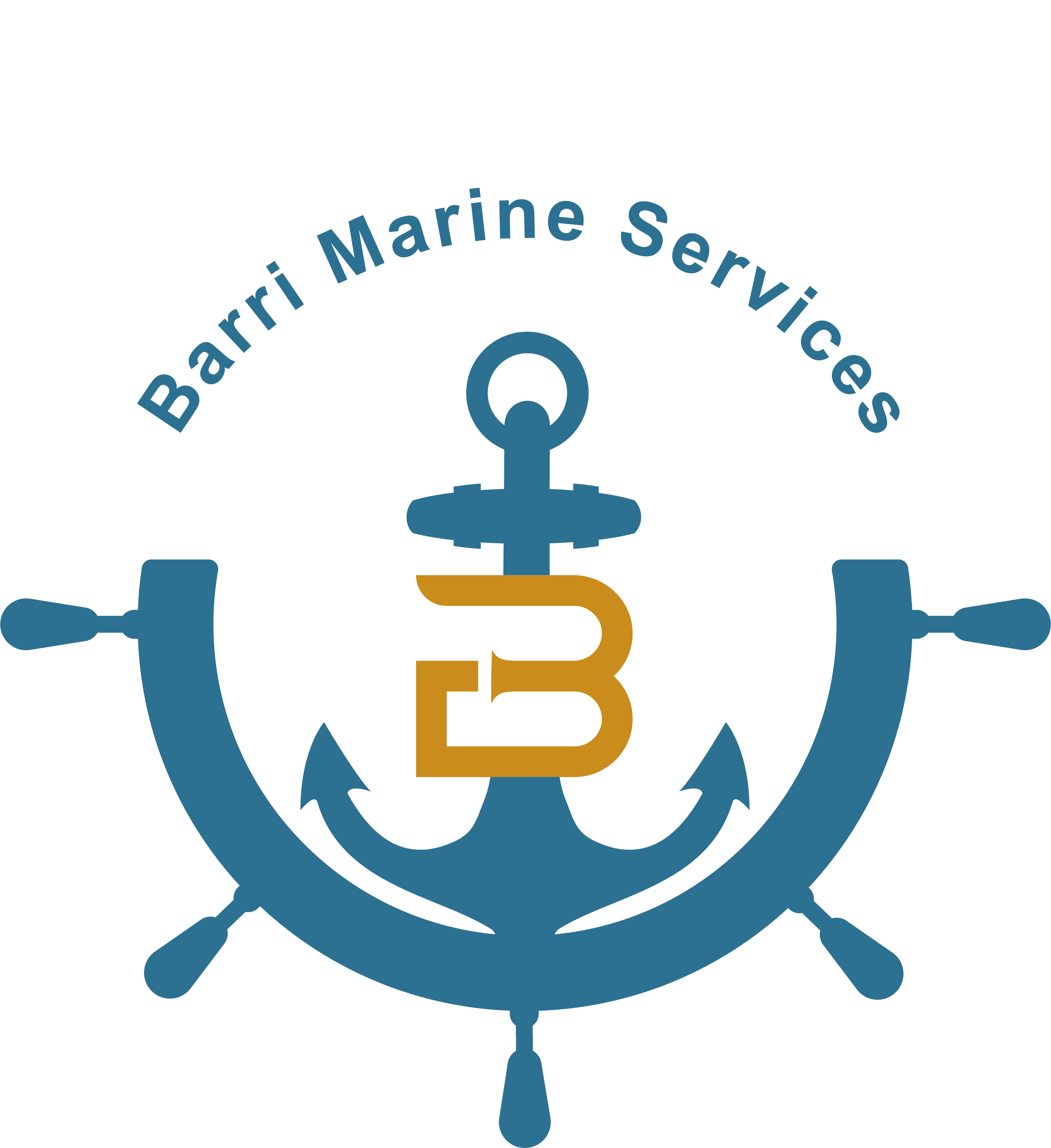In today’s fast-paced maritime industry, efficiency is key. Shipowners and traders
constantly seek ways to streamline their operations and reduce costs without
compromising quality. One increasingly valuable service is shipment linking, which
helps connect shipments to available vessels quickly and efficiently. Here’s why
shipment linking services have become crucial for saving both time and money.
1. Optimizing Vessel Utilization
One of the most significant challenges shipowners face is ensuring their vessels are
operating at full capacity. Empty or partially loaded vessels result in wasted resources
and lost revenue. Shipment linking services help match available cargo with suitable
vessels, maximizing utilization.
By doing so, shipowners can avoid costly underutilization and reduce operational
downtime, ensuring their vessels are always earning revenue.
2. Reducing Administrative Burden
Coordinating shipping schedules, cargo requirements, and vessel availability is a
complex and time-consuming task. Shipowners and traders often struggle to manage
these logistics efficiently. Shipment linking services take over this responsibility by
simplifying the matching process.
With access to a wide network of brokers, shipment linking services can quickly find
the best options, reducing the administrative load on shipowners and traders. This not
only saves time but also allows companies to focus on other essential business
operations.
3. Improving Cost Efficiency
Linking shipments to vessels effectively helps shipowners and traders save on
unnecessary costs. Shipment linking services can negotiate better rates by leveraging
economies of scale, which reduces the overall cost of shipping.
Additionally, these services can provide insights into the most cost-effective routes,
ensuring that both shipowners and traders can save on fuel and other operational
expenses.
4. Minimizing Delays
Delays in shipping can have significant financial repercussions. Shipment linking
services help streamline coordination between traders, shipowners, and ports to
minimize delays. By linking shipments quickly to available vessels, these services
ensure timely loading and unloading, which is critical to maintaining the supply
chain’s flow.
Reduced delays not only save money on penalties but also enhance relationships with
clients who depend on timely deliveries.
5. Access to a Wider Network
One of the key advantages of using shipment linking services is access to a global
network of cargo brokers, shipowners, and traders. These networks help in
sourcing the best deals and options quickly, which would be more challenging for
individual companies to manage on their own.
The broad reach of these networks allows shipowners and traders to connect with
clients they might not have reached otherwise, increasing business opportunities while
lowering the cost per transaction.
6. Enhancing Flexibility
Shipment linking services offer greater flexibility in matching specific cargo types
with vessels that meet their unique requirements. Whether it’s bulk cargo, containers,
or specialty shipments, these services ensure that the cargo finds the right vessel in the
right time frame.
This flexibility is crucial in reducing costs associated with hiring inappropriate
vessels, overpaying for shipping capacity, or incurring extra fees due to mismatched
scheduling.
7. Supporting Sustainability Goals
Efficient shipment linking also contributes to sustainability goals. By reducing
unnecessary voyages and ensuring that vessels are fully loaded, shipment linking
services help minimize carbon emissions. For shipowners and traders who are
conscious of their environmental impact, this is an added benefit.
Sustainability is not only important for the planet but also for cost savings in the long
term, as companies become increasingly aware of fuel efficiency and environmental
regulations.
Conclusion
Shipment linking services offer shipowners and traders an invaluable solution to
several key operational challenges. From maximizing vessel utilization to cutting
administrative tasks and reducing costs, these services provide an all-around boost in
efficiency. As the maritime industry becomes more competitive and cost-sensitive,
shipment linking is quickly becoming a necessity rather than a luxury. Investing in
these services can significantly enhance both time and cost savings, driving long-term
success for shipowners and traders alike.


